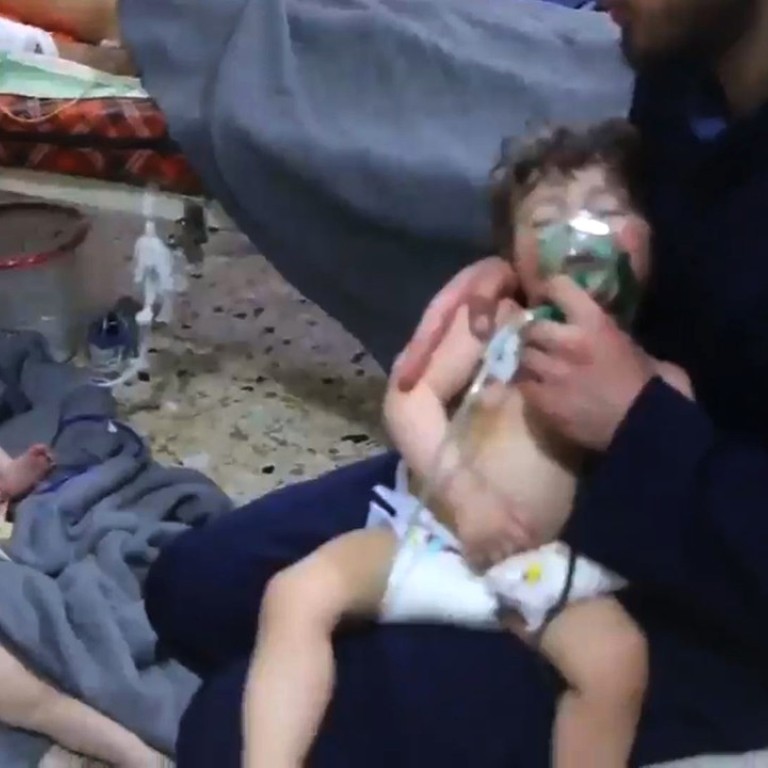
‘Nothing is off the table’: Donald Trump warns US response to chemical attack in Syria will come within 48 hours
Trump said in a cabinet meeting that he was talking to military leaders to decide who was responsible for the attack – Russia, the Syrian government, Iran, or all of them together
US President Donald Trump has warned that he will respond to a suspected chemical gas attack in Syria’s Eastern Ghouta region within 48 hours, adding that “nothing is off the table” and that he would likely make a decision by the end of Monday.
Trump said he was talking to military leaders and would decide who was responsible for the attack – Russia, or Syrian President Bashar al-Assad’s government, or Iran, or all of them together.
Speaking during a cabinet meeting, Trump condemned the “heinous attack” Saturday that killed at least 60 people, including children, and is believed to have used a mixture of chlorine gas and the nerve agent sarin.
One video shared by activists showed bodies of about a dozen women, men and children, some with foam at the mouth. The reports could not be independently verified.
“It was an atrocious attack,” Trump said. “It was horrible.” He said that he would be conferring with military advisers to consider US options and that “nothing’s off the table.”
Trump said the US was still investigating the possible involvement of the Iranian and Russian governments in the strike.
Syria and Russia accuse Israel of missile strike on military airbase
“If it’s Russia, if it’s Syria, if it’s Iran, if it’s all of them together, we’ll figure it out,” he said. He added of Russian President Vladimir Putin, “Everybody’s going to pay a price – he will, everybody will.”

Horrific Chemical Attack with #Sarin and #Chlorine on besieged #Douma tonight.
70+ killed and 1000+ wounded. #Syria pic.twitter.com/fvlbKoWYNU— KNS 24x7 (@kns_24x7) April 8, 2018
Trump has planned two meetings with senior national security aides Monday on Syria, in addition to a previously scheduled late-afternoon White House conference with leaders of US military commands around the world.
Monday was the first day on the job for Trump’s new national security adviser, John Bolton, who has previously advocated military action against Syria.
Sunday’s Ghouta incident occurred one year on from the April 4, 2017, gas attack on Khan Shaykhun in the Idlib Governorate of Syria. In response to that attack, which was believed to have been launched by Assad, Trump ordered an air strike on a Syrian airbase that killed nine people.
The Organisation for the Prohibition of Chemical Weapons (OPCW) chief, Ahmet Uzumcu, said on Monday that it was responding with “grave concern” to the suspected chemical weapons attack.
Syria’s rebel-held Ghouta hit by renewed air strikes as talks sputter
A doctor in Ghouta quoted by UOSSM said that patients were coughing blood, a symptom not seen in previous chemical attacks – possibly indicating the use of Sarin.
Witnesses and medical workers reported as many as 60 deaths, with nearly 1,000 injured after at least two bombs hit a hospital and nearby buildings. Around 500 people received treatment for breathing problems.
Many of the victims were sheltering underground after government forces launched an air and ground assault on Douma, the last rebel-held town in the Eastern Ghouta district. Poison gas can seep into the hiding places bombs cannot reach.
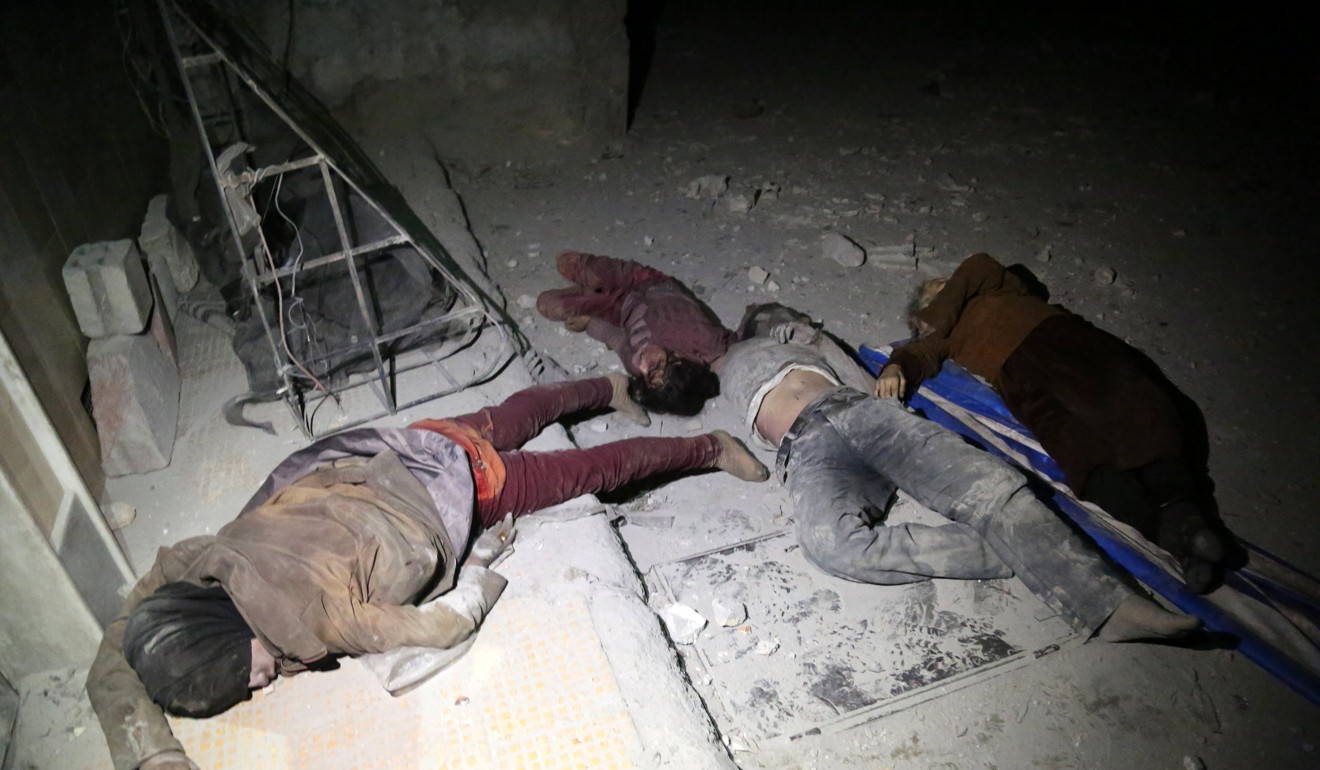
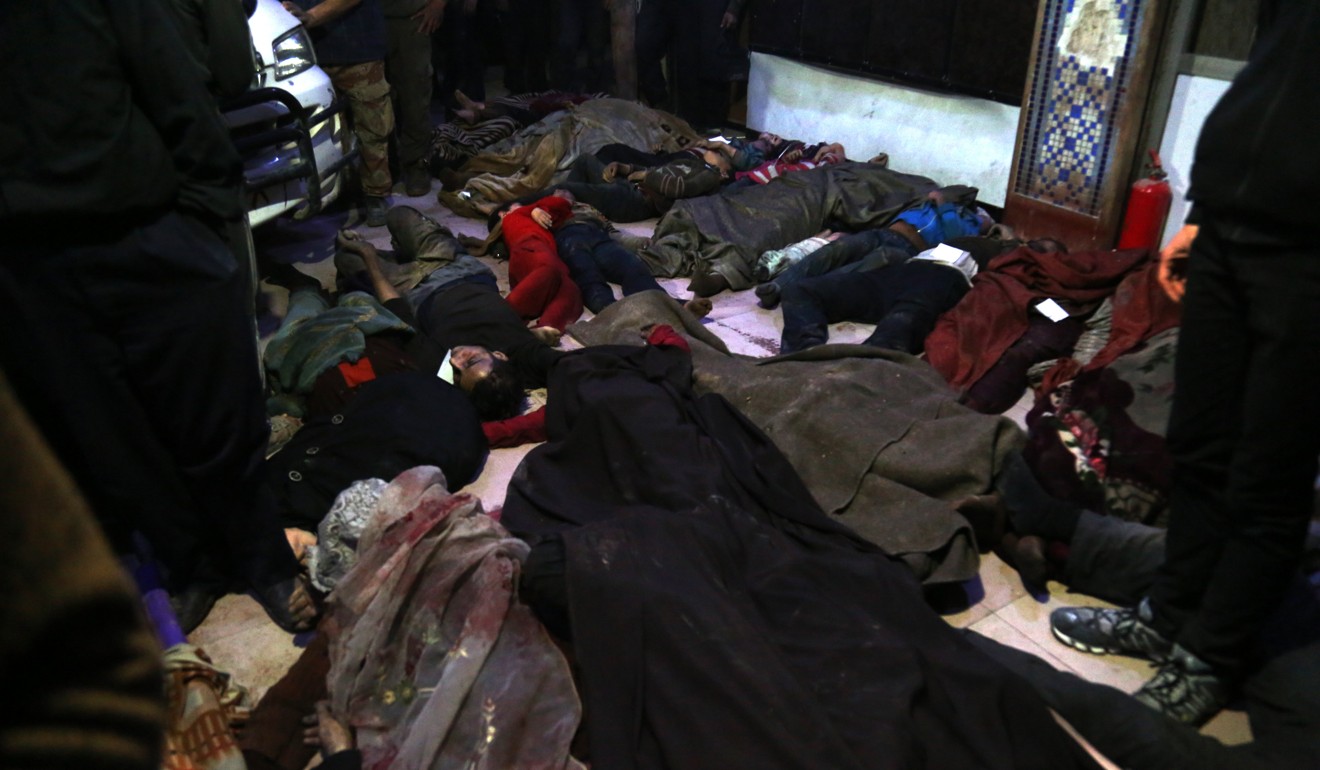
OPCW inspectors have been attacked on two previous missions to the sites of chemical weapons attacks in Syria and were not expected to try to get to Douma.
Instead they will interview witnesses, collect samples of blood from survivors and gather data on military flights, methods that have been successful in past investigations.
The OPCW’s fact-finding mission, which was already investigating the use of chemical weapons in Syria’s civil war, was gathering all available material to establish whether chemical weapons were used, it said in a statement.
Part of the Hague-based OPCW’s work will be to clarify what chemical agent may have been used, including the possibility that a cocktail of toxins may have been dropped on the neighbourhood using aerial bombs, sources told Reuters.
The Syrian government denied its forces had launched any chemical assault, and Russian Foreign Minister Sergei Lavrov said such allegations were false and a provocation.
Also on Monday, the United Nations Security Council will meet following rival requests by Russia and the United States to discuss the situation.
“If there is clear verified evidence of the use of chemical weapons and a proposal for action where the UK would be useful, then we will look at the range of options,” British Prime Minister Theresa May’s spokesman said.
France said it would work closely with the United States on a response to the attack. Both countries agreed responsibility for the strike must be established.
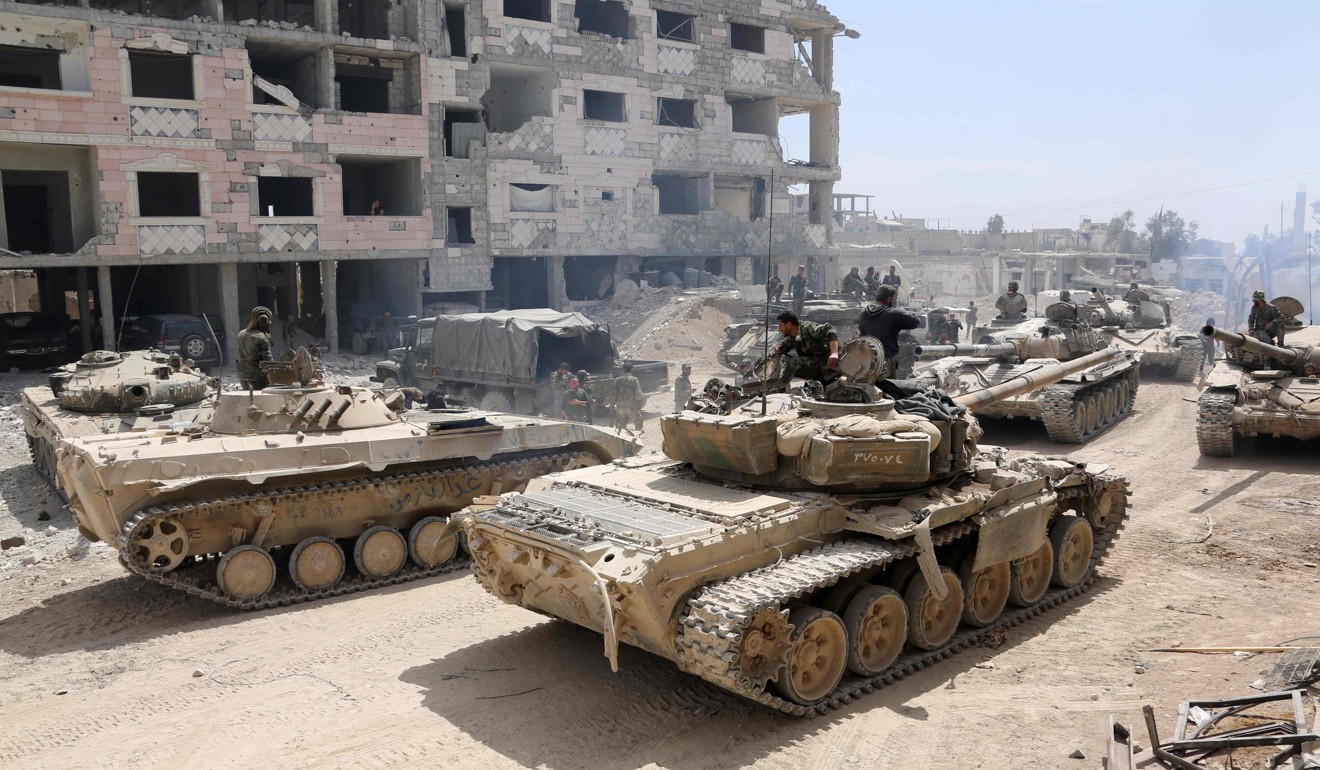
French President Emmanuel Macron, who spoke to Trump by telephone on Sunday, had issued repeated warnings previously that France would strike if proof of lethal chemical attacks were established. But France agreed with the US that responsibility must be established, and stopped short of apportioning blame on Assad’s forces for Saturday’s attack.
On Monday, US Defence Secretary Jim Mattis said he would not rule out military action such as air strikes if blame was proved. “I don’t rule out anything right now,” he told reporters in Washington.
He accused Russia of falling short on its obligations to ensure that Syria abandoned its chemical weapons capabilities, saying, “The first thing we have to look at is why are chemical weapons still being used at all when Russia was the framework guarantor of removing all the chemical weapons.”
Trump said on Sunday after initial reports of an attack that there would be a “big price to pay”.
UN war crimes investigators had previously documented 33 chemical attacks in Syria, attributing 27 to the Assad government, which has repeatedly denied using the weapons.
The stakes were further raised on Monday when unidentified warplanes struck a Syrian airbase near Homs, killing at least 14 people, including Iranian personnel. Syria and Russia accused Israel of carrying out the attack.
Israel, which has struck Syrian army locations many times during its neighbour’s seven-year-old civil war, has neither confirmed nor denied mounting the raid.
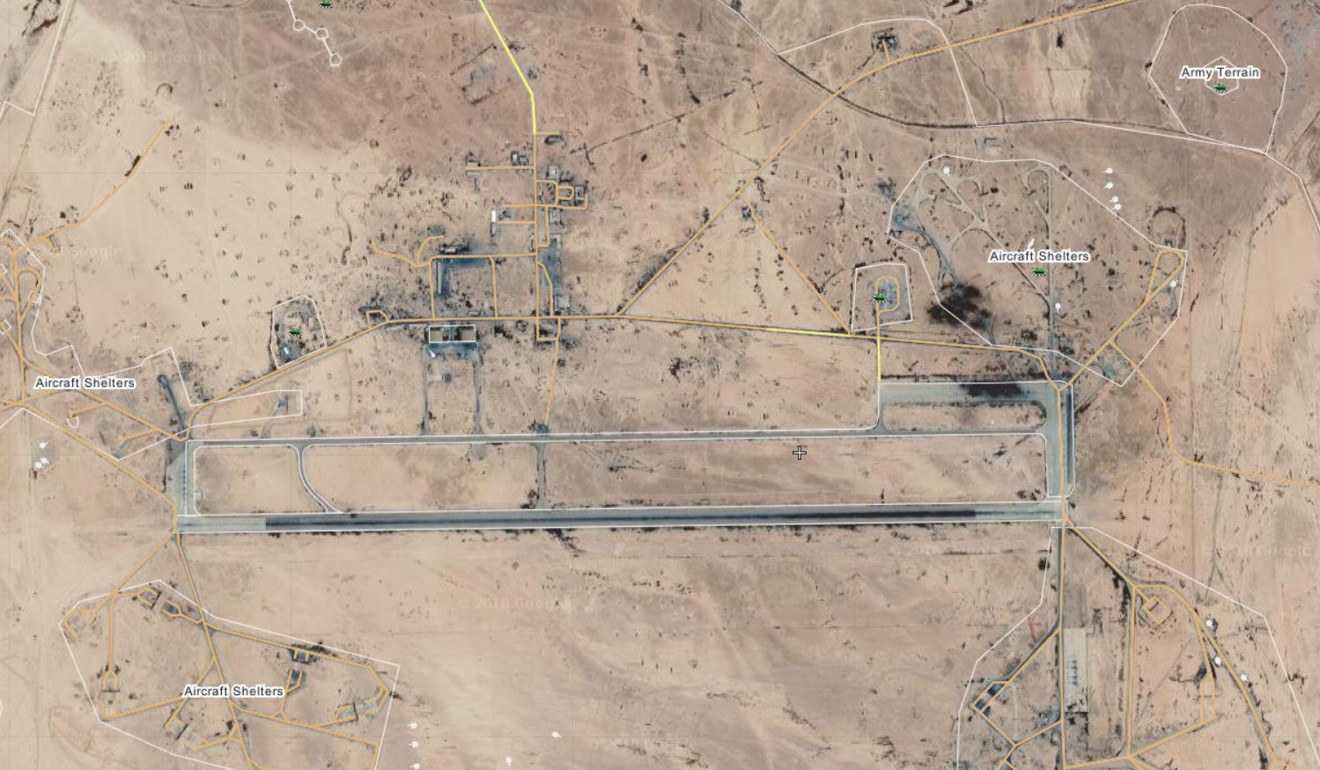
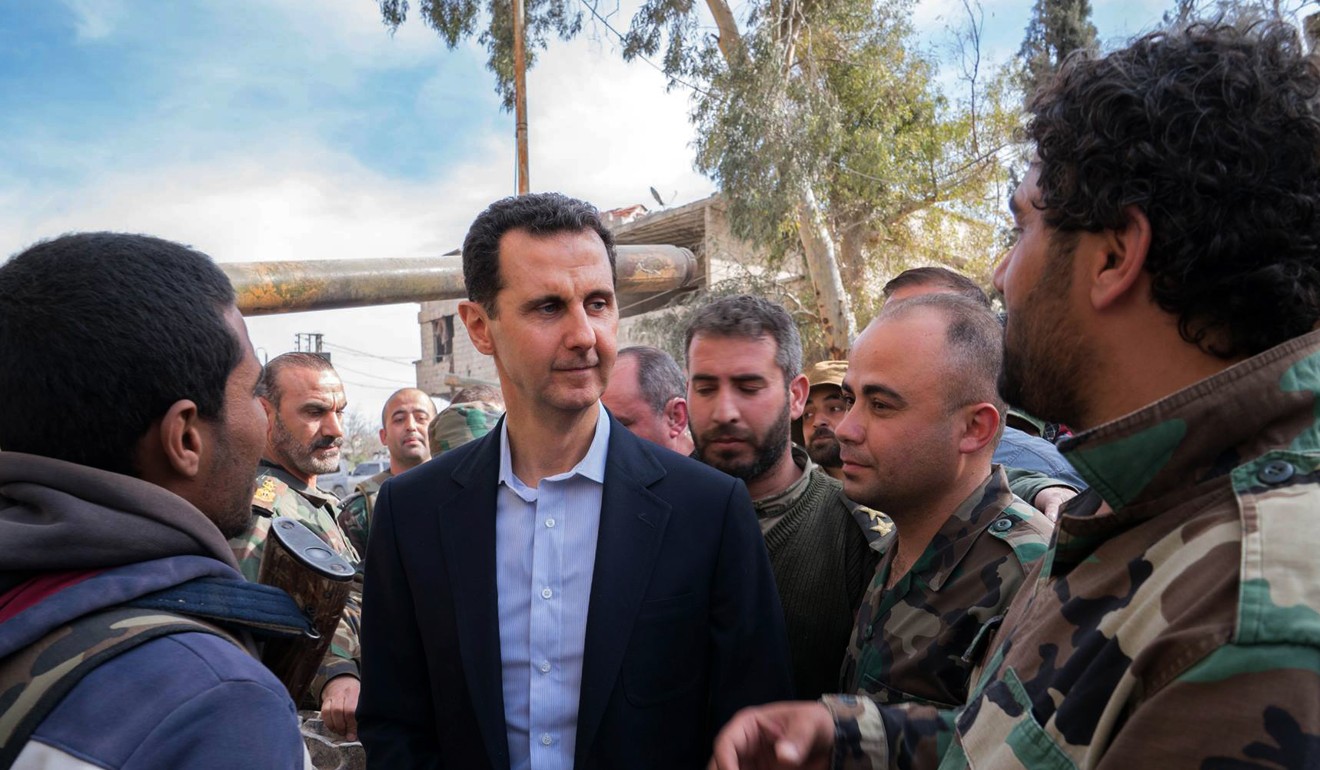
But Israeli officials said that the Tiyas, or T-4, airbase was being used by troops from Iran and that Israel would not accept such a presence in Syria by its arch foe.
The two incidents in Douma and Tiyas showed the complex and volatile nature of the Syrian civil war, which started as an anti-Assad uprising and now involves a number of countries and myriad insurgent groups.
Assad now has the upper hand in the conflict, largely thanks to Russian intervention on his side, but any international action could delay his efforts to bring it to close.
The Syrian Observatory for Human Rights, a British-based monitor, said at least 14 people were killed in Monday’s air strike on the T-4 base, including foreign fighters – a reference to Iranian-backed Shiite militia members, mostly from Iraq, Lebanon and Iran fighting alongside the Syrian army.
Iran’s Fars news agency said three Iranians were killed.
The Russian military said two Israeli F-15 warplanes carried out the strike. Interfax news agency cited the Russian Defence Ministry as saying Syrian air defence systems had shot down five of eight missiles fired. Syrian state news agency SANA, citing a military source, carried a similar report.
The Israeli government had no immediate comment.
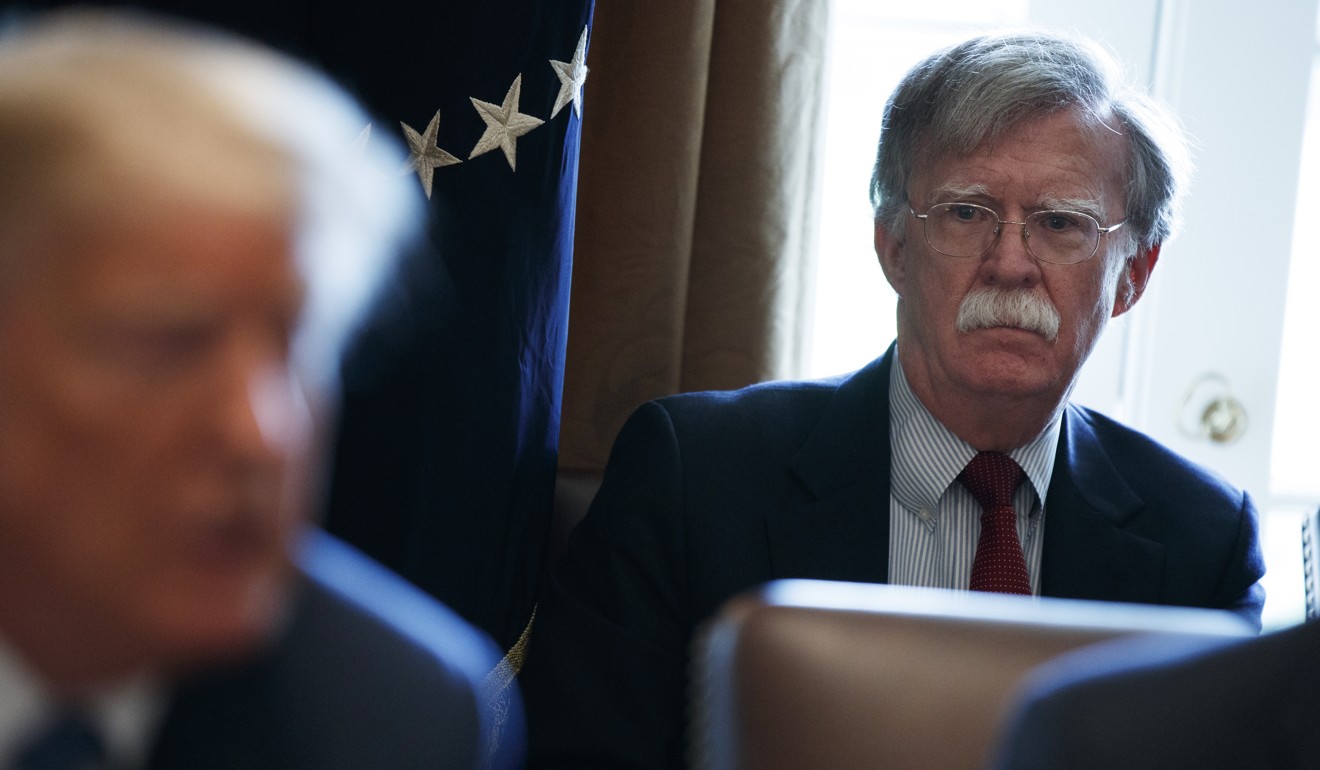
Israeli Housing Minister Yoav Galant, while not confirming that Israel had carried out the attack, said his country had clear interests in Syria.
“We laid down red lines there, which said that we would not allow Syrian land to be a springboard for game-changing weaponry to Lebanon, we would not allow the building of an Iranian army in Syria and we would not allow the opening of another front on the Golan Heights,” he told Israel Radio.
“In this context we are taking action with all means, over time.”
In Washington, Republican US Senator Lindsey Graham, a member of the Senate Armed Services Committee, urged Trump and his administration to destroy Assad’s air capabilities, enforce safe zones inside Syria, and target Assad directly.
“This president has the chance to do exactly the opposite of [former US President Barack] Obama – send a strong signal that there’s a new sheriff in town and America’s back,” he told Fox News in an interview.

